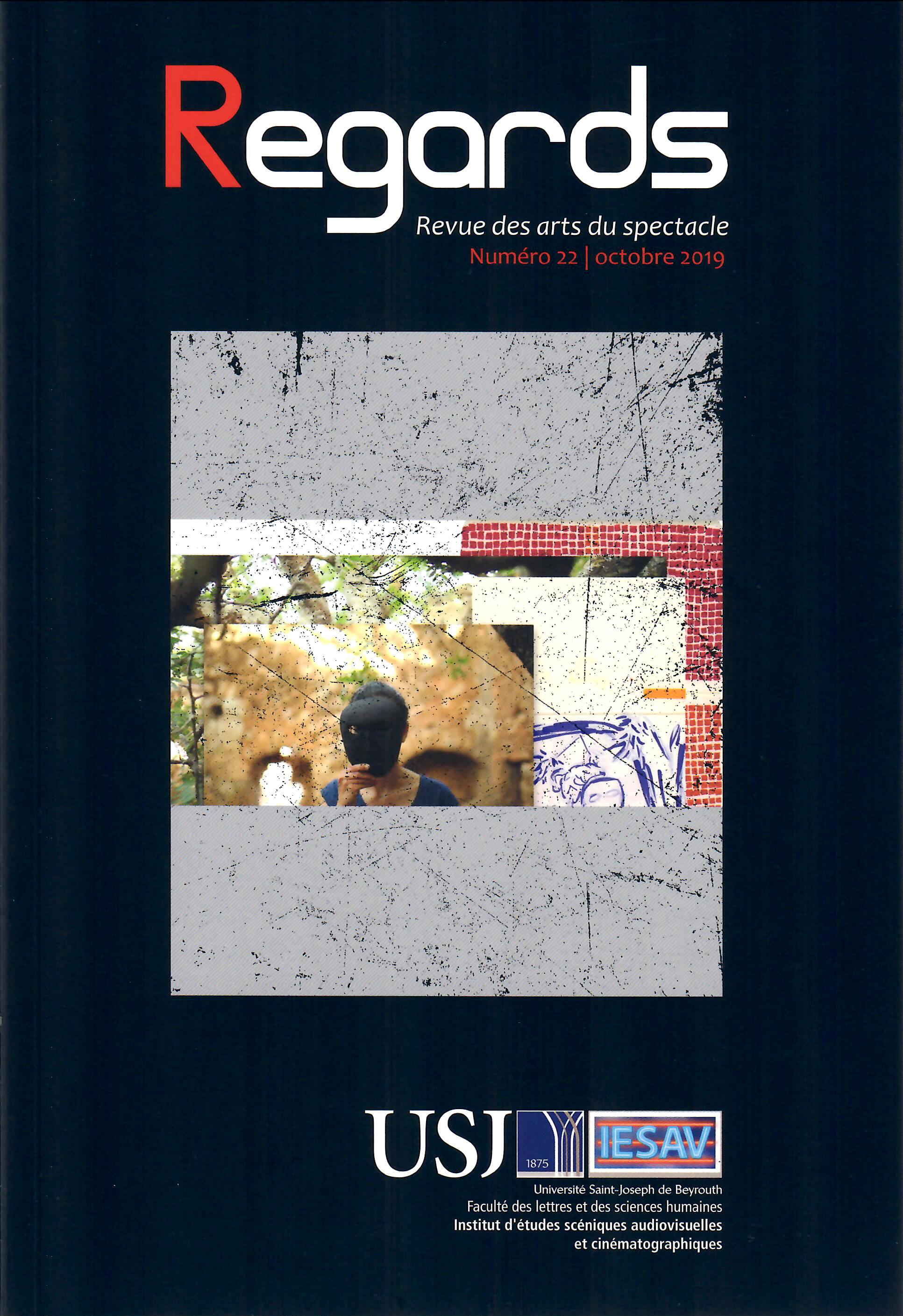Résumé
Chouchou est le surnom de l'artiste libanais Hassan Alâ’ed-dine (1939-1975). Il fonde le théâtre national libanais (1965-1975), premier théâtre quotidien à voir le jour au Liban. Durant dix ans, ce théâtre a produit vingt-six pièces comiques dont Chouchou est le protagoniste permanent. Qui est Chouchou et comment est-il devenu une vedette aux yeux du grand public du théâtre libanais ? Chouchou le beyrouthin au fort accent, le tourbillon aux mouvements extravagants, le sensible au coeur fragile et le rusé aux moustaches distinctives, s’est approprié des caractéristiques physiques, corporelles et langagières ayant fait de lui un personnage typique. Ce dernier, qui fait appel au Karakûz, au Hakawâtiî et qui défend de nombreux traits du personnage de boulevard, deviendra la source artistique principale autour de laquelle la pièce s’adaptera et s’écrira, autour de laquelle la mise en scène se focalisera, et autour de laquelle l’attention du public se centrera. Ce personnage, en fonction de ses rôles et des thématiques des pièces dans lesquelles il joue, attribue à son théâtre un rôle social. Le théâtre de Chouchou a précédé la guerre civile de 1975 ; il s’agit donc de la période qui porte les germes de cette guerre. Les sujets véhiculés par ce théâtre ciblent notamment les préoccupations de la société face à cette situation socio-politique instable. Dans les pièces, plusieurs critiques et reproches sont destinés à la fois au peuple et aux forces politiques, et s’appuient principalement sur le rôle de Chouchou. Grâce à ses caractéristiques lui prodiguant une présence marquante sur scène et un humour irrésistible, Chouchou devient le clown qui, par sa subtilité et sa délicatesse, montre, dévoile et se moque des vices de la société, tout en ayant recours à sa principale fonction : le déclenchement du rire. Avec ce portrait qu’il s’est construit, Chouchou a créé une identité à son jeu ainsi qu’une homogénéité à ses oeuvres, ce qui a fait croitre sa propre signature dans le monde du théâtre libanais. Quels sont donc les traits, les tics et les chemins de ce personnage qui ont fait de lui une figure emblématique du théâtre populaire au Liban ?

